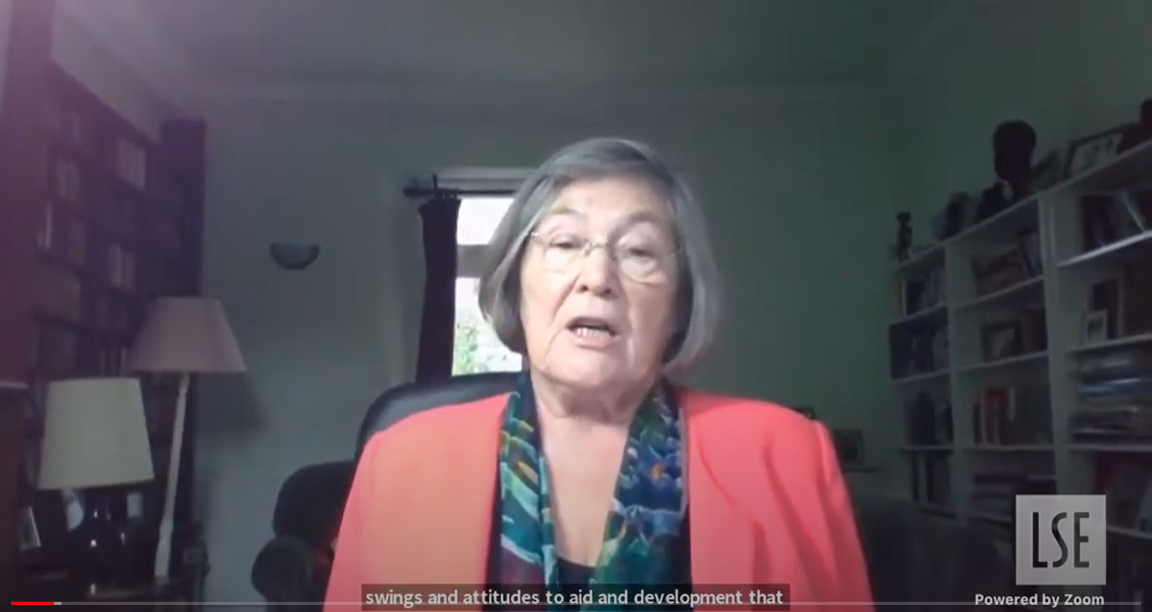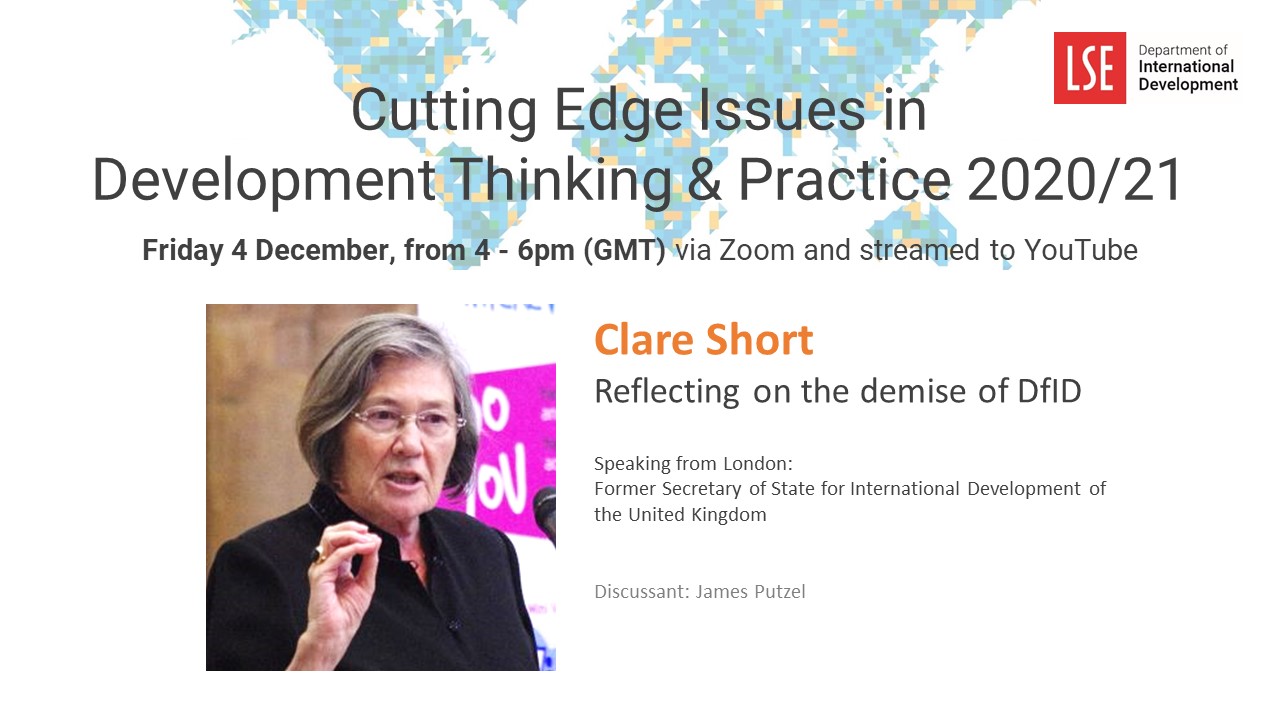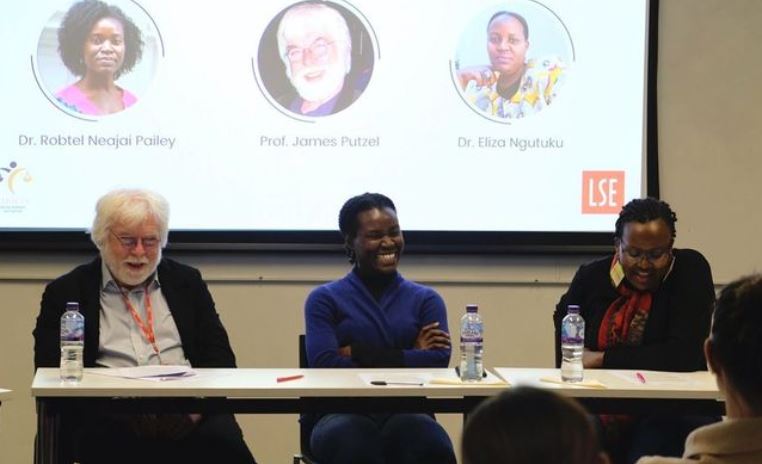Jovan Johnson, MSc Development Management student, reflects on a recent Beveridge 2.0 public lecture: The Challenge of Richness? Rethinking the Giant of Poverty, and questions whether it’s time we debate wealth and the concept of being rich.
Could we, at some point, witness the remarkable event of the world’s rich lining streets in protests on ‘why they are being targeted’? They probably wouldn’t need to protest if they want attention. Protesting runs the risk of appearing un-nuanced and ahistorical – to see wealth disembedded from society and the relations and conditions spawned therefrom.
Targeting richness was precisely the debate raised at the LSE on Tuesday 20 February, at a fascinating presentation by a group of scholars on: “The Challenge of Richness? Rethinking the Giant of Poverty”. The event was among a week long festival of scholarship hosted by the LSE called “Beveridge 2.0: Rethinking Beveridge for the 21st Century”.
Seventy-five years-ago, William Beveridge, a former LSE director conducted a report on welfare in the United Kingdom, which then went on to form the basis for the welfare state and the declaration of the five ‘Giant Evils’: Want, Disease Ignorance, Squalor and Idleness. Several decades later, hunger, poverty and yawning inequality have spurred academics to consider a rethink suitable for the new century.
This rethinking should not surprise anyone. Only a month ago, the scale of the problem was highlighted in an Oxfam report which revealed that 82 percent of the wealth generated in 2017 went to the richest 1% of the global population. The bottom 50% got nothing.
Changes require tough institutional fixes that will probably be opposed by elites, but are nonetheless necessary. It’s why during her presentation, Dr Tania Burchardt, joined the call for richness to be considered a ‘social problem’ and for there to be a ‘rich line’ much like there is a poverty line.
This is a very controversial proposition but I believe the debate must be had especially since richness occurs in societies facing seemingly intractable poverty, inequality and exclusion. Richness, too, is not homogenous. For example, consider how variables like class, gender and race interact in societies to produce adverse outcomes, not just in advanced economies, but also in the Global South. For Burhchardt, a sociology professor and director of the Centre for Analysis of Social Exclusion, nobody is willing to recognise their privilege but it’s important for new spaces to be created to shape policy.
The debate over richness must drag within its zone the role of wealth through inheritance. This is a sensitive issue but must be part of the discussion if governments are to craft appropriate welfare policies for current problems. There is about US$58 trillion for the “next generation of elites” according to data cited by Luna Glucksberg, urban anthropologist in LSE’s Inequalities Institute. She told the lecture that this 2014 figure, which could be higher today, represents the amount families are saving through trusts and foundations, many of which have appeared in reports on tax haven “scandals”.
Questioned about why they are doing what they are doing, Glucksberg said, many families claim to be safeguarding the futures of their children and that the wealth does not necessarily belong to them. So, even among the rich – super rich even – there is a fear about the future. The poor, a diverse group, obviously also have similar fears but they have no ‘safety net’ such as that concealed from taxation and redistributive measures.
Challenging richness is important to rethinking and respond to poverty and inequality in all forms. It will be uncomfortable, but critical to shaping institutions and policies to give a 21st Century spin to Beveridge’s idea of welfare. Make no mistake, people who work hard deserve their meritocratic rewards but we also cannot deny that institutional structures in a capitalist hegemon have favoured few over many.
Associate Professor Sam Friedman in closing Tuesday’s event said there may even need to be the abolition of hallowed institutions like Eton College, England’s almost 600-year-old boys school, where almost half of British Prime Ministers hail. Oh, well, that maybe dramatic but his argument for ‘doing equal opportunity’ must not be missed.
Let’s debate richness!
Jovan Johnson (@jovanthony) is an MSc Development Management student from Jamaica. Jovan previously studied media and communication and development studies at the University of the West Indies at Mona, Jamaica.
The views expressed in this post are those of the author and in no way reflect those of the International Development LSE blog or the London School of Economics and Political Science.





